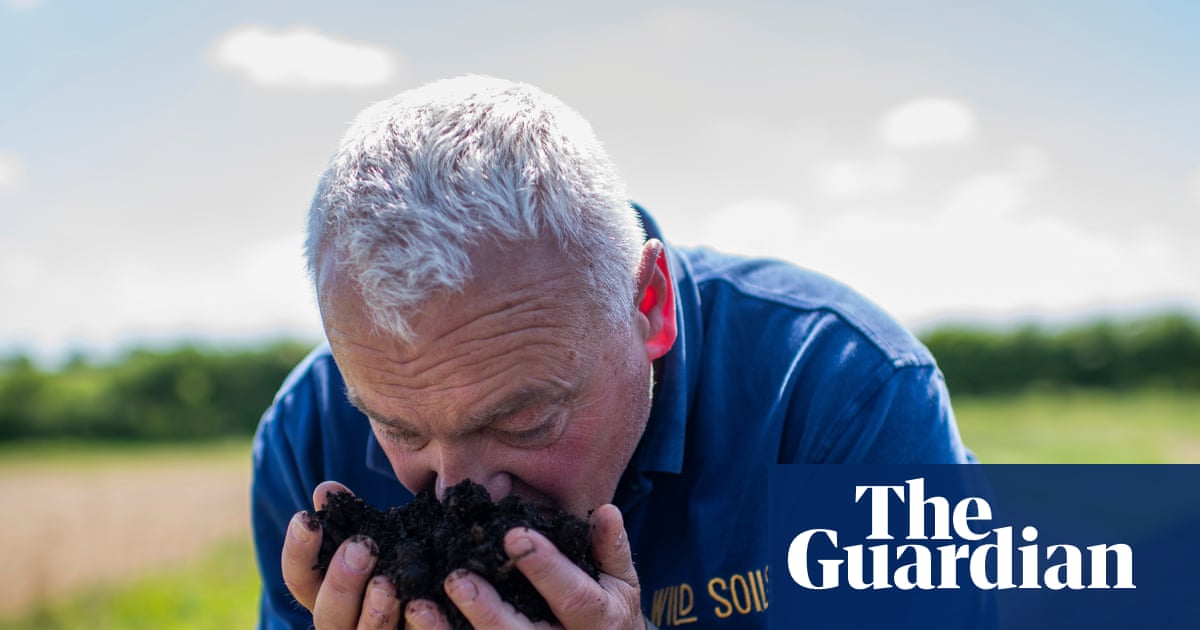
The Importance of Soil Health for Sustainable Agriculture
Healthy soil is the foundation of productive agriculture. However, modern farming practices have led to the degradation of soils worldwide. Recent studies suggest that over 60% of EU agricultural soils are damaged, highlighting an urgent need for sustainable farming solutions.
Understanding Regenerative Farming
Regenerative farming focuses on nurturing the microscopic life within the soil, including bacteria, fungi, and worms. This method minimizes reliance on chemical inputs and heavy machinery, promoting a healthier ecosystem. Farmers like Nick Padwick, who manages Wild Ken Hill in Norfolk, exemplify this shift from conventional agriculture to regenerative practices.
Key Principles of Regenerative Farming
One of the central approaches to regenerative farming is the development of a functional soil food web. This entails:
- Utilizing microscopy: Identifying and reintroducing missing soil organisms.
- Creating nutrient-rich compost: Utilizing farm waste to enhance soil health.
- Implementing compost extracts: Steeping compost in water to infuse beneficial microbes back into the soil.
Farmers adopting these practices can significantly improve soil health, maintain biodiversity, and ensure food security.
The Role of Technology in Regenerative Practices
Technological advancements, such as soil analysis and compost products from companies like the Soil Ecology Lab, are essential in supporting regenerative farming. These tools help farmers like Yeo Valley incorporate effective strategies that enhance soil resilience, particularly in challenging weather conditions.
Challenges and The Future of Farming
Transitioning to regenerative farming is not without its challenges. Farmers may experience short-term yield drops as they eliminate chemical inputs. However, the long-term benefits—reduced costs and healthier crops—often outweigh these initial setbacks. As awareness and research into regenerative practices grow, the agricultural sector’s focus on soil health will become integral to addressing climate change.
Embracing practices that cherish the soil may be the key to sustainable farming and the future of food security.



